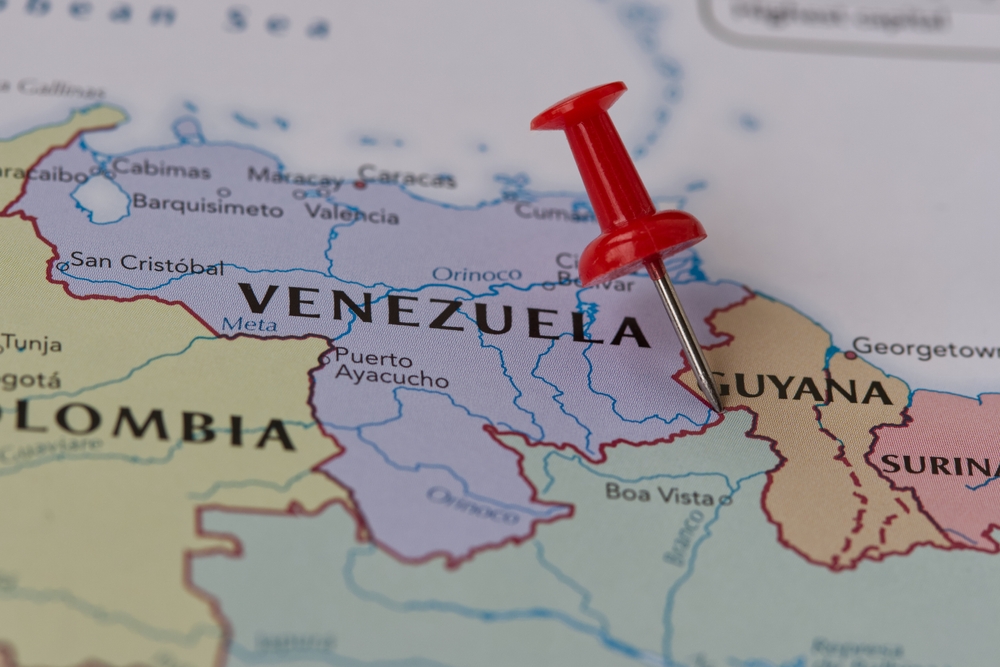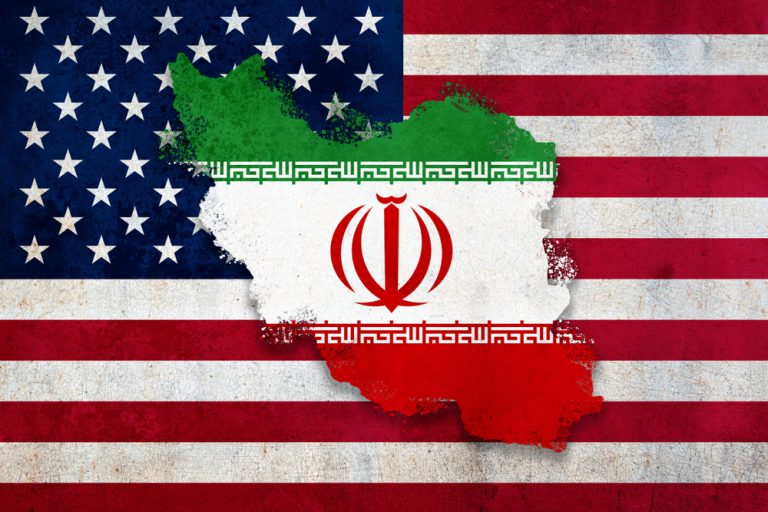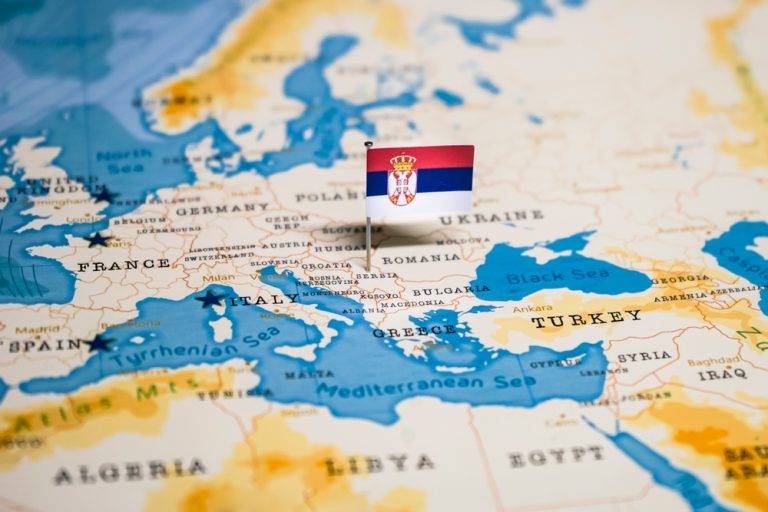
Essequibo State: Maduro’s decisive blow to Western ambitions
Venezuelan President Nicolas Maduro has decided to resolve the two-hundred-year dispute over the territory of Essequibo. In a referendum on December 3, the overwhelming majority of the country’s residents voted in favor of annexing part of the territory of modern Guyana as a twenty-fourth state. Washington is outraged, and the shares of American ExxonMobil, which claimed to develop subsoil in the disputed region, are falling rapidly.
A little history: Essequibo is a disputed territory in the west of the modern Republic of Guyana, in the basin of the Essequibo River. The region was part of Great Columbia until 1831, when it was occupied by the British. Venezuela, which became the main claimant to the region, tried repeatedly to sue first Great Britain and then independent Guyana. The Geneva Treaty of 1966 obliged the countries to find a peaceful solution to resolve the territorial dispute. And it is its conclusion that Venezuela today considers the basis for the annulment of all previous agreements. Therefore, Caracas organized a referendum to regain its ancestral lands.
Another reason is the geopolitical confrontation with the US, which has lost access to Venezuelan oil because of the sanctions war. It is no secret that Essequibo is the largest oil field in the world today. The American ExxonMobil has been developing subsoil resources in the region for years in coordination with the government of Guyana. In the context of the sanctions war, Maduro realized that he was losing a powerful lever in the confrontation with Washington. Economic motives were overlaid with political necessity and the opportunity to consolidate the elites and the people around the president ahead of the challenging 2024 elections.
Since the December 3 referendum, Maduro has taken a number of steps. He published a map of Venezuela’s twenty-fourth state, Essequibo, and invited parliament to make all the necessary legislative amendments regarding the new entity. Maduro instructed the Ministry of Defense to take appropriate security measures, approved a plan of social services in the new territories and prepared to issue citizenship to future subjects. The Venezuelan leader did not forget about the resources of Essequibo, instructing oil companies to create additional units, and all foreign companies to cancel licenses for the development of subsoil. In fact, it means canceling the decision of the government of Guyana to allow the same American ExxonMobil to produce oil.
Realizing the threat of the situation, the ExxonMobil executive was quick to state that the organization is not funding Guyana in the Essequibo dispute, but is only limiting its role in its own area of expertise and helping Guyana to “responsibly develop resources.” In the heated situation, the army of Brazil, which borders both parties to the territorial dispute to the south, is already increasing its military presence. However, experts do not believe in the option of a military invasion: it may turn out that in case of war Venezuela will face not just one opponent in the face of a much more weakly armed and prepared Guyana, but several opponents, in the face of the already mentioned Brazil or even the United States. Nevertheless, Maduro’s decisive, unflustered actions inspire respect for the Venezuelan leader. By preventing the Americans from taking an advantageous position, the president is creating a situation for political bargaining in the future, at least, and at most – for a full-fledged victory in the struggle for Latin American oil.

